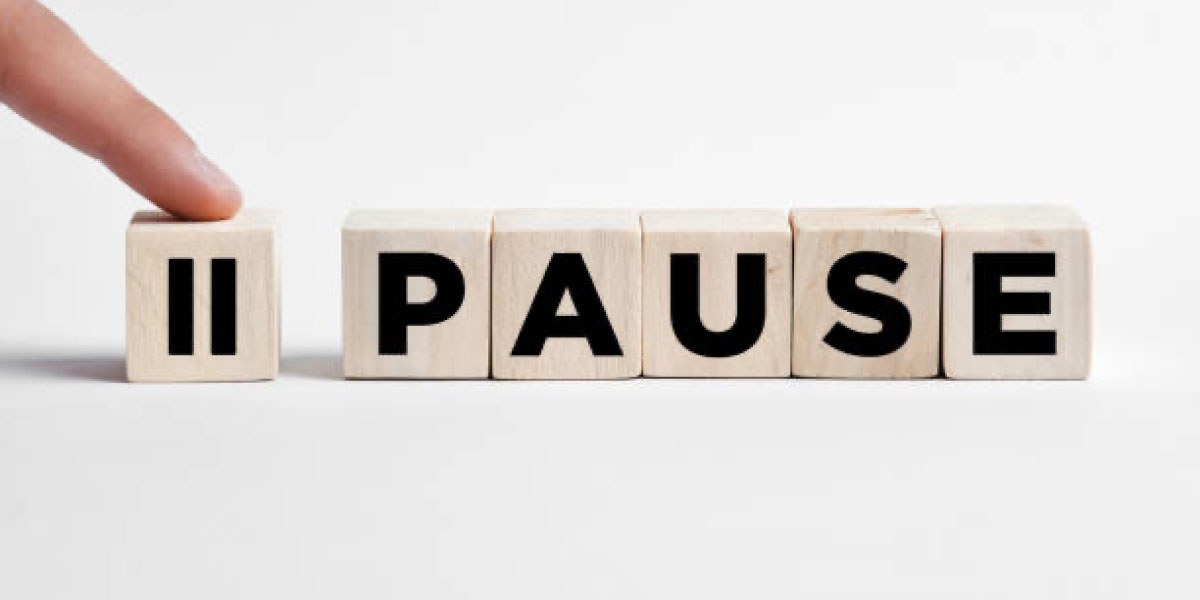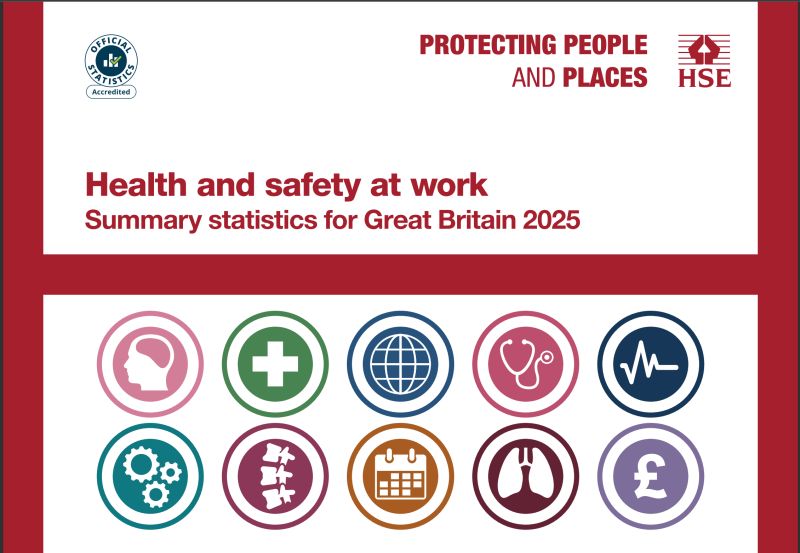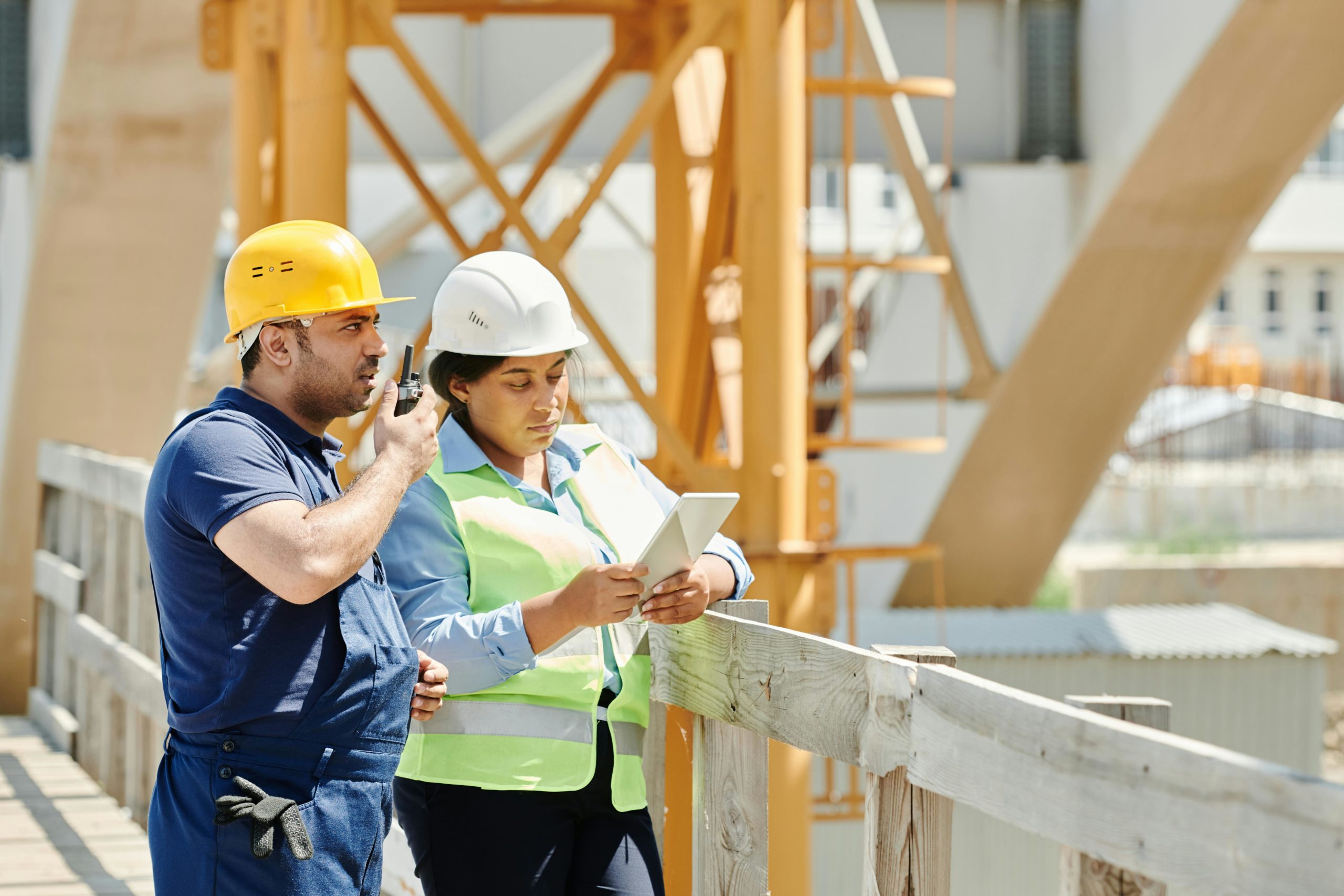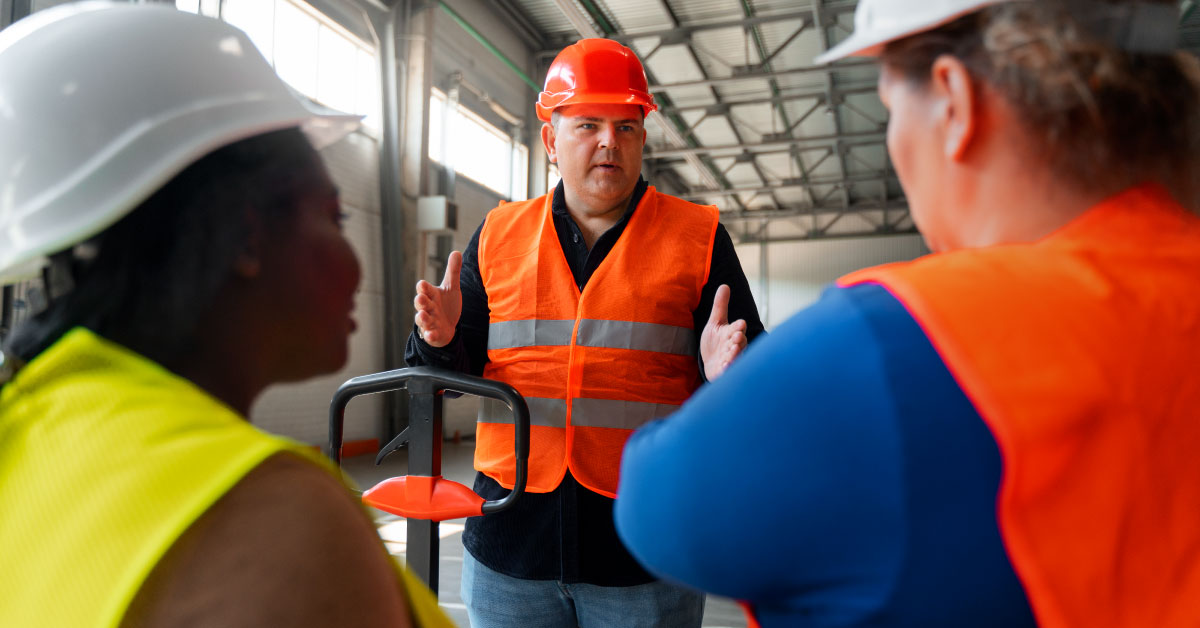In high-pressure environments, where every second counts, it’s easy for employees to fall into the trap of rushing through tasks, often at the cost of safety. The “Pause and Check” method encourages employees to take a brief pause before performing critical actions, allowing them to assess their environment, confirm the next steps, and reset their focus. This approach is not only simple but also highly effective in preventing accidents and ensuring accuracy.
Why “Pause and Check” Moments Are Essential in High-Pressure Tasks
When tasks need to be completed quickly, the pressure can lead to hasty decisions and oversights. Research has shown that under pressure, people are more likely to skip steps or overlook hazards, especially when they feel the need to keep up with tight deadlines. By incorporating short “Pause and Check” moments, organisations can create a structured approach that helps employees maintain awareness, even during the most intense tasks.
Benefits of “Pause and Check” Moments
- Reduced Errors
Pausing for a few seconds before executing a critical action gives workers the opportunity to review the task requirements and make sure nothing important is overlooked. This approach reduces the likelihood of costly mistakes or errors in judgment. - Increased Safety Awareness
Taking a pause to check for potential hazards reinforces a safety-first mindset. Employees become more aware of their surroundings and potential risks, improving overall site safety. - Enhanced Focus and Clarity
High-pressure tasks can cloud judgment. A quick pause allows workers to refocus, clear their thoughts, and ensure they’re prepared for the next step. This clarity can lead to improved concentration and precision.
How to Implement “Pause and Check” Moments in Your Workplace
1. Introduce “Pause and Check” in Safety Training
Make “Pause and Check” moments a part of safety training, highlighting their importance for high-risk or high-pressure tasks. By introducing this concept early, employees will understand that taking a few seconds to check for hazards is a core part of the organisation’s safety culture.
2. Encourage Team Leaders to Model “Pause and Check”
Team leaders and managers play a crucial role in setting the tone for safety practices. Encourage leaders to demonstrate “Pause and Check” moments and share personal examples of how a brief pause has prevented potential issues on the job.
3. Incorporate into Standard Operating Procedures
Including “Pause and Check” as a formal step in high-risk SOPs (Standard Operating Procedures) reinforces its importance. Clearly outline which tasks require a “Pause and Check” and define the steps involved in this momentary check-in.
4. Regularly Remind Teams to Pause and Check
Keep the concept front and centre by reminding employees during daily briefings or toolbox talks. Quick reminders about the value of taking a pause can reinforce the practice and encourage employees to apply it even during busy periods.
“Pause and Check” Moments in Action: An Example
Consider a construction worker preparing to operate heavy machinery. Before starting, they’re encouraged to “Pause and Check”:
- Look for hazards: Assess the immediate area for any obstructions, bystanders, or other risks.
- Check equipment: Ensure the machinery is functioning correctly, with no visible issues.
- Confirm next steps: Verify the planned task and any communication needed with team members.
In just a few seconds, this simple check-in can prevent potential accidents, helping the worker start the task with clarity and focus.
In Summary
The “Pause and Check” method is a powerful tool for high-pressure environments. By taking a few seconds to evaluate hazards and focus on the next step, employees can significantly reduce the risk of accidents, improve precision, and reinforce a proactive safety culture. Encouraging “Pause and Check” moments in your workplace can lead to safer, more productive teams that work with a clear focus and a commitment to safety.




